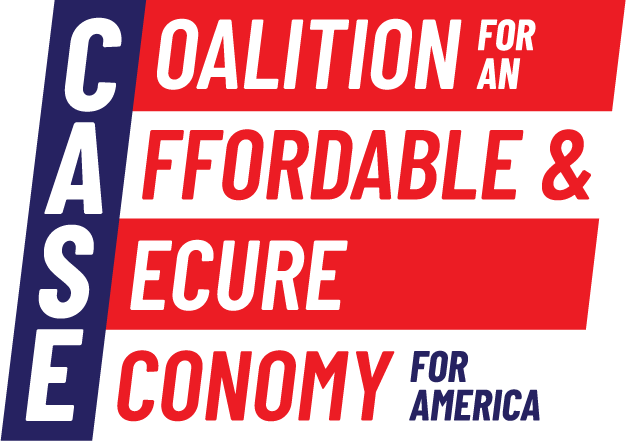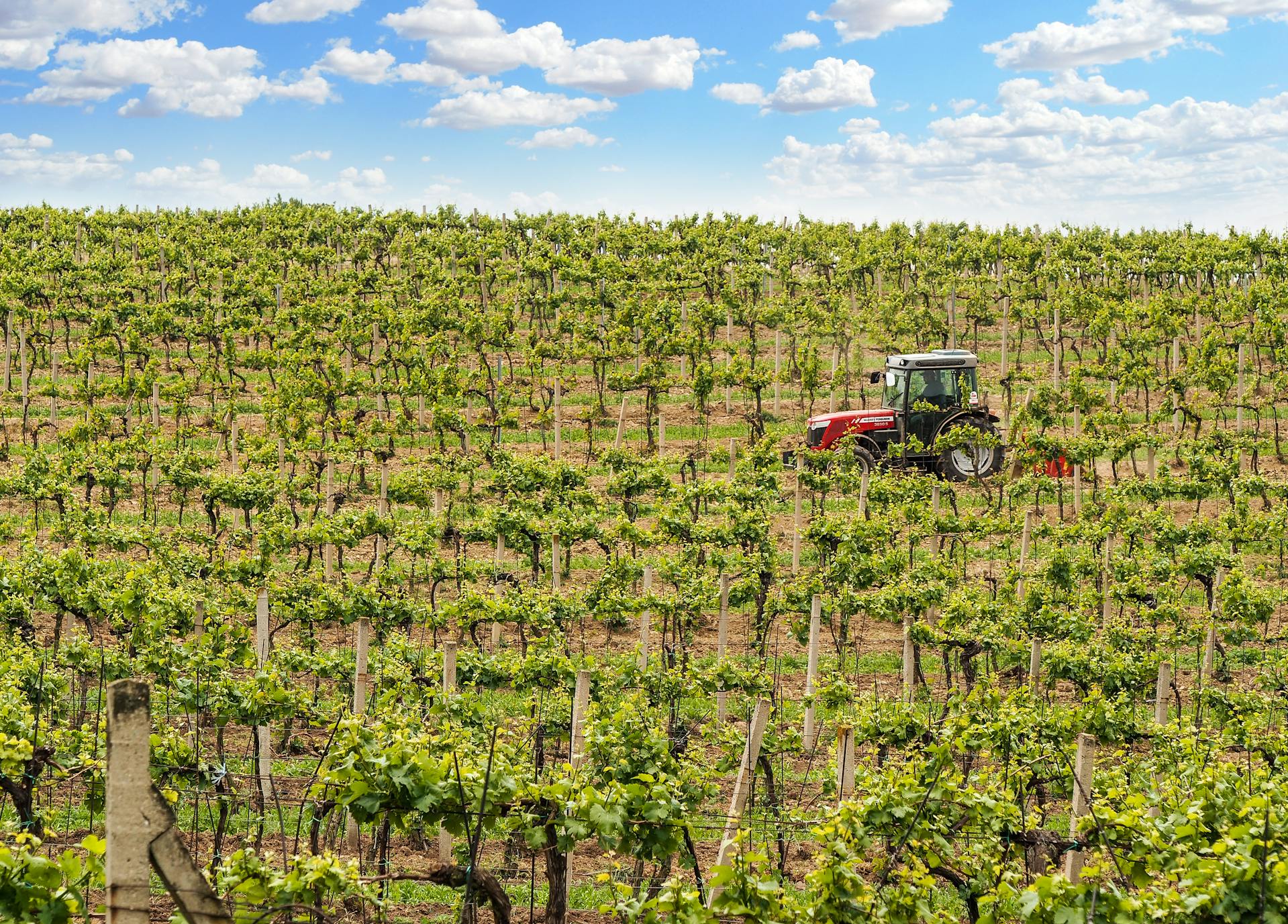From the farms of the Central Valley to Napa wine country, President Donald Trump’s newly imposed tariffs could handicap key California industries as they did during the president’s first term.
As a state that thrives on global commerce, California and its residents cannot afford to bear the burden of punitive trade policies that stifle growth and competition. The Golden State is a key manufacturing hub and major exporter of agricultural goods. Billions of dollars in trade revenue could be lost if retaliatory tariffs are enacted.
The cost of everyday goods is already rising, and the president’s 10% global tariff on foreign imports is estimated to cost American households an extra $2,100 per year on average. A hit to California’s economy – the fifth largest in the world – would only bring more financial pain to the state’s middle- and working-class.
Tariff Impact on California During President Trump’s First Term
In President Trump’s first term, California’s agricultural and manufacturing sectors were hit hard by tariffs and retaliatory measures from key trading partners.
- Agriculture:
- The almond industry, California’s largest agricultural export, faced a devastating 55% tariff from China, resulting in massive financial losses for farmers. (POLITICO, 4/2/25)California’s wine industry suffered as Canada, a major importer of Golden State wines, imposed reciprocal tariffs, reducing sales and profitability. (San Francisco Chronicle, 2/3/25)
- In response to the 2018 tariffs, China raised strawberry tariffs from 23 to 54%, leading to the near elimination of commercial shipments to China. (The Californian, 4/16/19)
- Manufacturing:
- In southern California, the steel industry experienced increased costs, forcing businesses to scale back production. (Daily Bulletin, 4/2/18)
- The 2018 tariffs cost California Steel $21 million. (Los Angeles Times, 10/29/19)
Tariff Impact on California Today
The recent round of tariffs has renewed economic uncertainty for California’s key industries.
- Agriculture:
- Following the newly imposed tariffs, the almond industry is again at risk, with China, India and the European Union considering retaliatory tariffs that could cost the state’s farmers hundreds of millions to billions of dollars in exports. (POLITICO, 4/2/25)
- Other key agricultural sectors, including wine and dairy, may also suffer as major trading partners retaliate, leaving California’s wine industry to wither on the vine. (CBS 42, 3/19/25)
- Manufacturing:
- In southern California, higher steel and aluminum costs are expected to put pressure on manufacturers, increasing production expenses and reducing global competitiveness. (Los Angeles Times, 3/5/25)
What Californians Are Saying About Tariffs Today
- Daniel Sumner, Professor of Agricultural Economics at UC Davis: “Farmers could face higher costs for inputs like fertilizer while also suffering from retaliatory tariffs on their exports. Canada, for example, buys 41% of bottled wine exported from California.” (Los Angeles Times, 3/5/25)
- Rieff Anawalt, Hardware Store General Manager: “These tariffs are 100% going to impact us. We’re going to see major increases: 15% to 25% across the board in this industry. It’ll make COVID prices seem cheap.” (Los Angeles Times, 3/14/25)
- Kimberly Nabours, owner of Replay Toys in San Diego: “When things get to be a price that I don’t feel comfortable selling it for, I’m not carrying it anymore.” (FOX 5, 4/3/25)
What Californians Said About Tariffs During President Trump’s First Term
- Brett Guge, Executive VP of Finance at California Steel Industries: “Costs keep stacking up that are unusual and unique to California, and now you add these tariffs on top – it gives us a lot of concern.” (Daily Bulletin, 4/2/18)
- U.S. Representative David Valadao (R-CA): “Agriculture drives the American economy and is the backbone of the Central Valley’s economy. Not only do the proposed tariffs fail to adequately remedy China’s unfair practices, such tariffs seriously jeopardize our farmers’ access to export markets, which accounts for roughly twenty percent of their production.” (U.S. Representative Jimmy Panetta, 5/7/18)
- Sara Kimberlin, Senior Analyst, California Budget & Policy Center: “Ultimately, as tariffs reduce demand or profit margins for specific products, their effects will be felt most strongly at the local level, among the companies that produce those goods and the workers they employ.” (The Orange County Register, 5/6/18)

